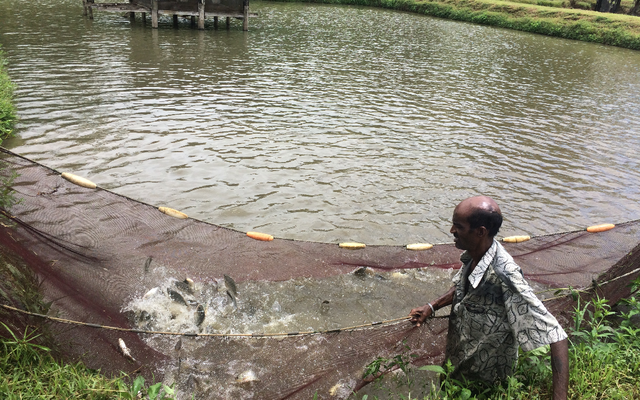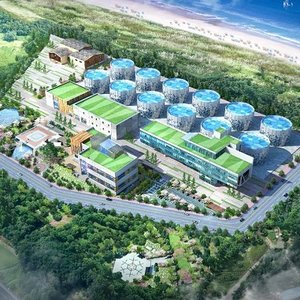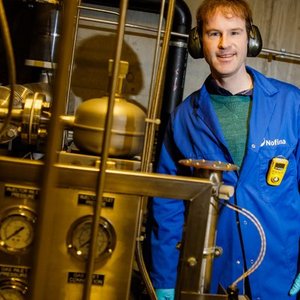A Special Service Agreement was signed between the Pacific Community (SPC) and Aquaculture Without Frontiers (AwF) which will engage AwF in providing business mentoring assistance to selected enterprises in overcoming business and technical constraints in their business operations. This program is under the New Zealand Ministry of Foreign Affairs and Trade (NZMFAT) funded Sustainable Pacific Aquaculture Development Project (PacAqua) which aims to improve food security and increase economic growth.
Through collaboration with partner agencies such as the New Zealand government, implementing countries and private sector partners, and engagement of new partnerships such as AwF, SPC aims to contribute to aquaculture being more productive and economically sustainable, underpinned by responsible practices to ensure that the environment is protected from biosecurity threats.
AwF executive director, Roy Palmer, highlighted that the areas AwF would be working on initially are more likely to be delivered via AwF’s collaboration with Association International Seafood Professionals utilizing the BGNetwork and SeafoodMediaTV utilizing internet video but as the program develops, face to face activities will be involved but much will depend on international travel issues.
The program will cover issues such as how to make your SME aquaculture business bankable; training videos on key areas for strengthening aquaculture infrastructure starting from market and working back to production; how to build business resilience amongst COVID-19 impacts; business leadership; local market development and assistance for South Pacific Mozuku (Mozuku is a collective term for various types of Japanese brown algae from the family Chordariaceae, which are used as food) for edible products; improved aquaculture practices focusing on specific species; mangrove oyster processing assistance - handling, chucking and depuration video on best practice; Gender/OHS - how to increase interest amongst women and youth to develop their aquaculture enterprises; book-keeping training; identifying local fish, crustacean and algal species that can be used for aquaculture at the village level (multiple species in multiple areas); and developing best practice guidelines for husbandry of these species based on traditional use and international guidelines and developing best practice methods for delivery and storage of fish from aquaculture to market and retail outlets or develop alternative distribution methods.
As travel improves and face to face activities can begin, specific training will be organized for areas such as fish health training for farmers, sea horse advance training, ornamental fish aquaculture activities and mentoring enterprises on business management.
The Pacific Community (SPC) is an international development organization gathering 26 member countries and territories. SPC harnesses science, knowledge and innovation for sustainable development, benefiting Pacific people since 1947. The SPC Fisheries, Aquaculture and Marine Ecosystems Division leads fisheries science expertise in the Pacific region and supports the 22 Pacific islands countries and territories in coastal fisheries and aquaculture.
The PacAqua project is currently supporting 15 enterprises, comprised of 14 private sector enterprises and one farmers’ association spread across eight countries (Papua New Guinea, Fiji, Solomon Islands, Vanuatu, Kiribati, Federated Stages of Micronesia, Republic of Marshall Islands, and Tonga) and two territories (French Polynesia and New Caledonia) and aims to reach at least 19 enterprises by 2021. The project also supports six farmer clusters in Fiji and Papua New Guinea. The PacAqua project is also improving the uptake of improved aquaculture practices by strengthening government and farmer capacity in seed, feed and broodstock management and is working with women aquaculture entrepreneurs, such as in Fiji, and women farmer cluster groups in countries such as Papua New Guinea.













